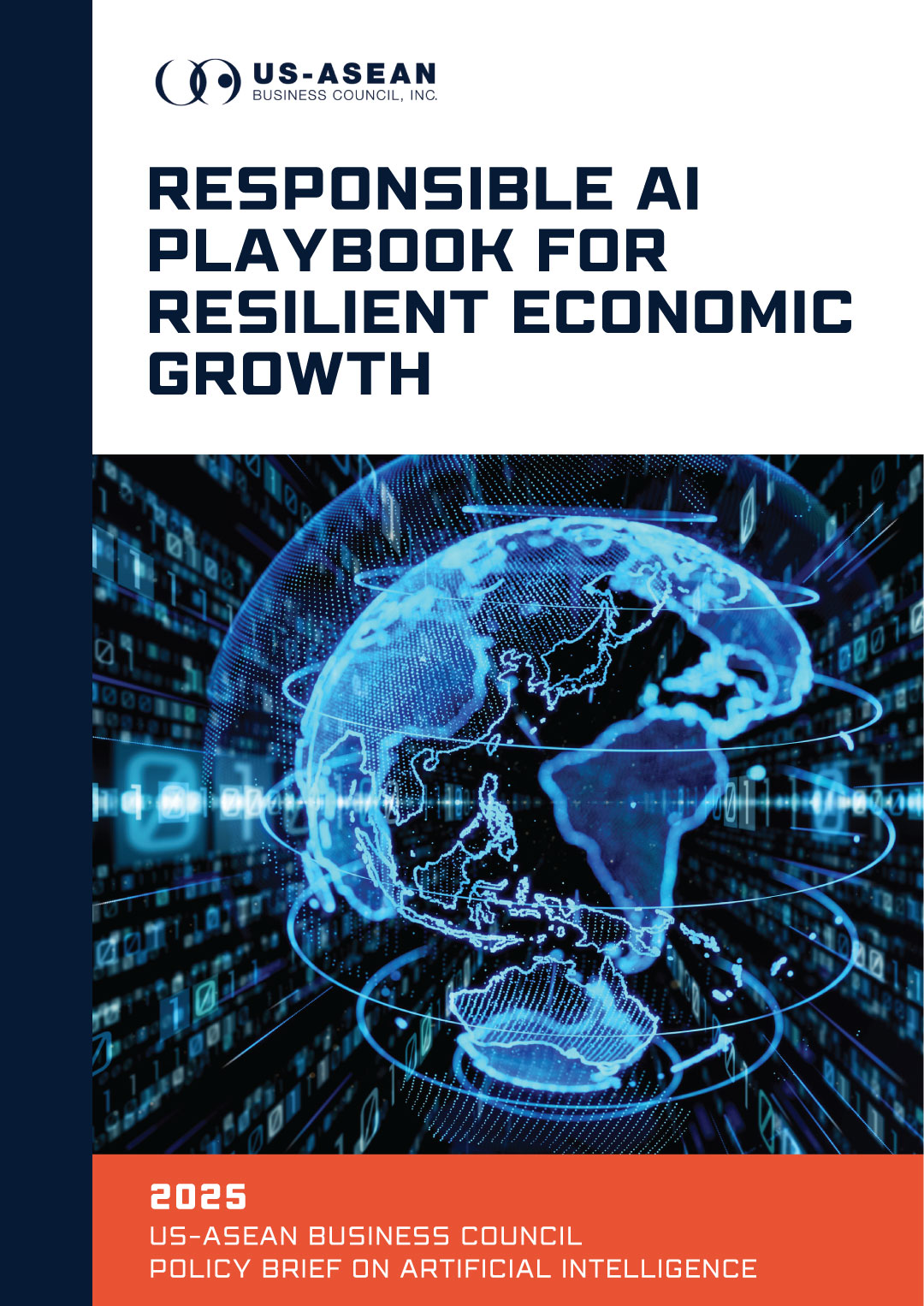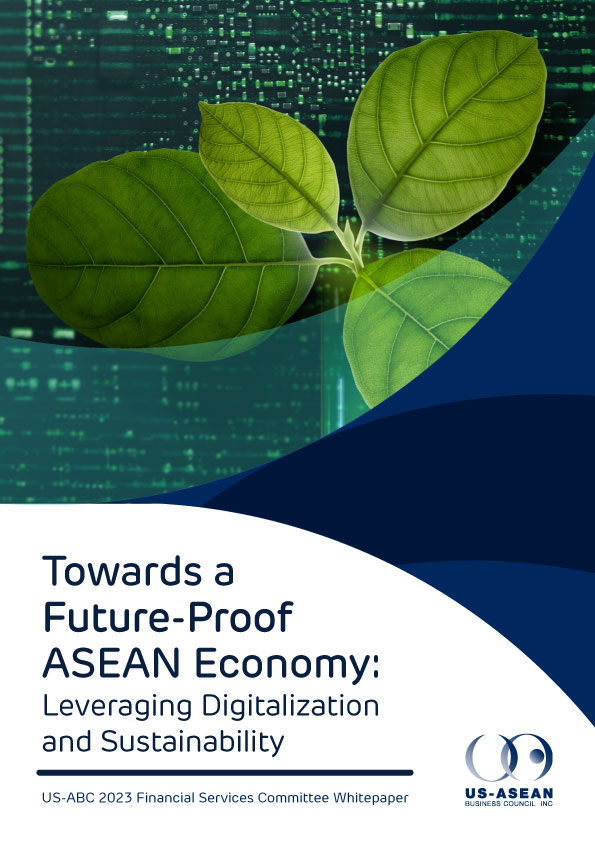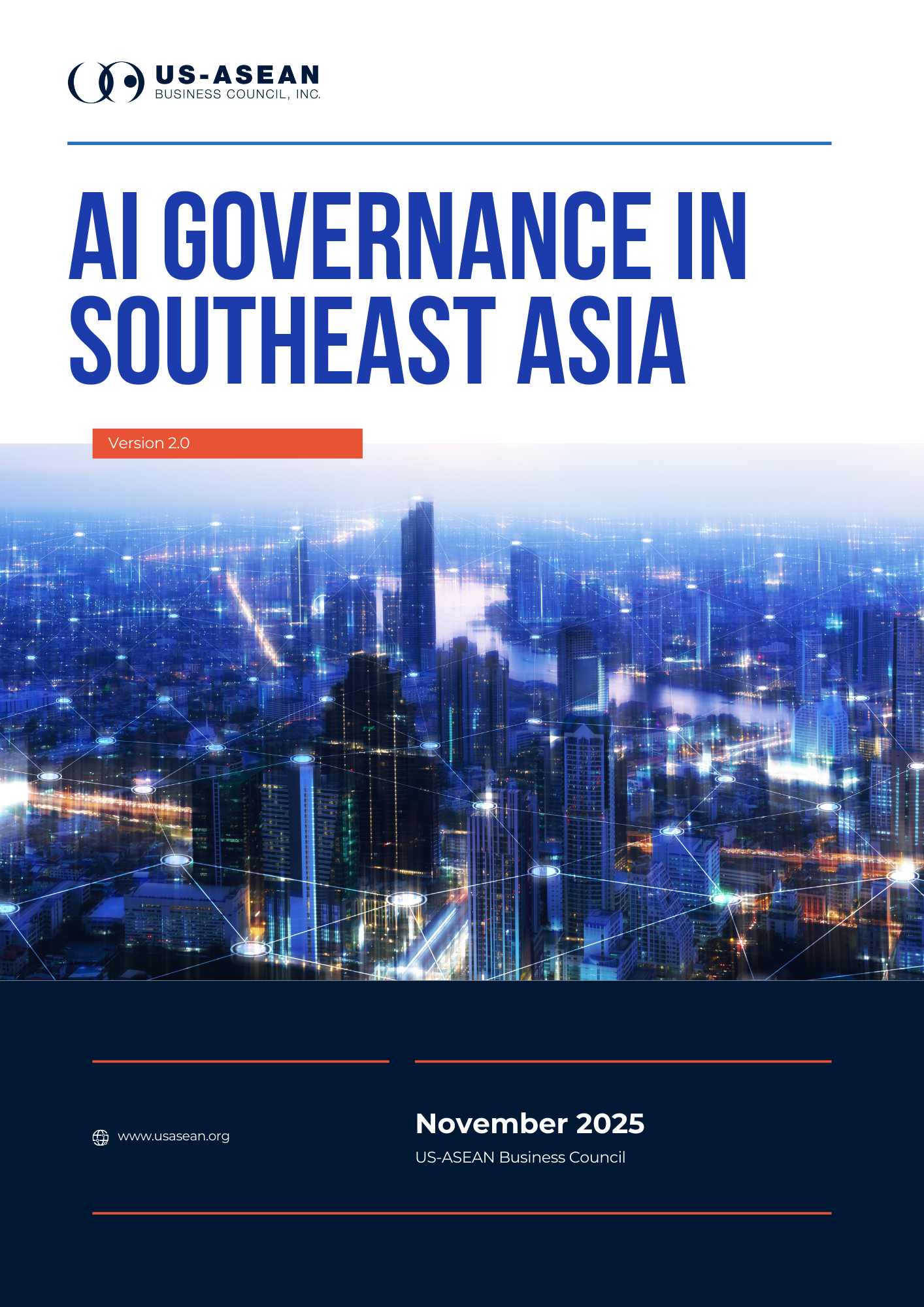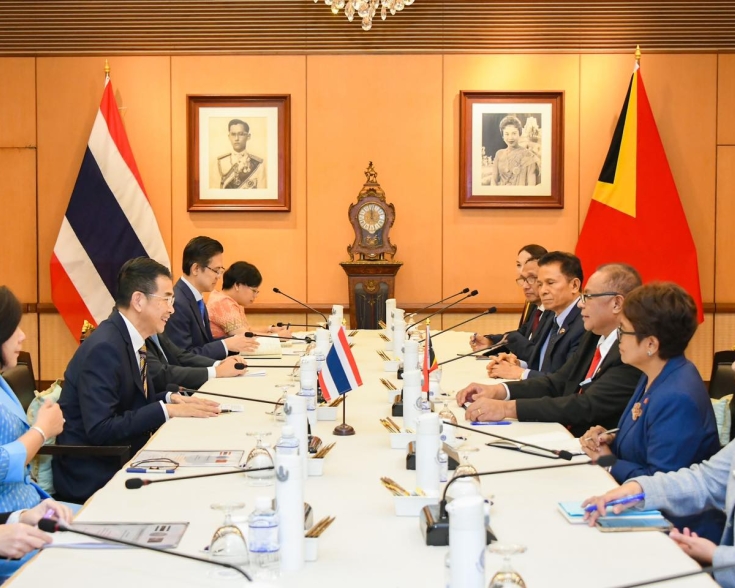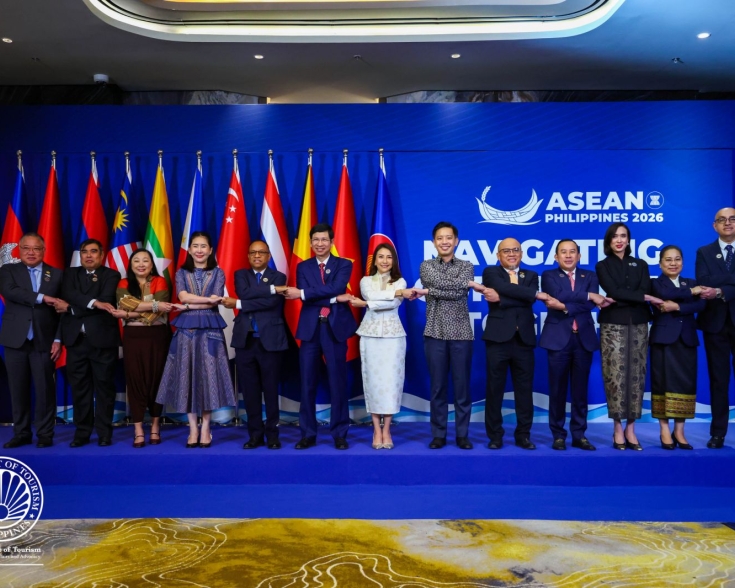Airport Infrastructure: Opportunities in ASEAN
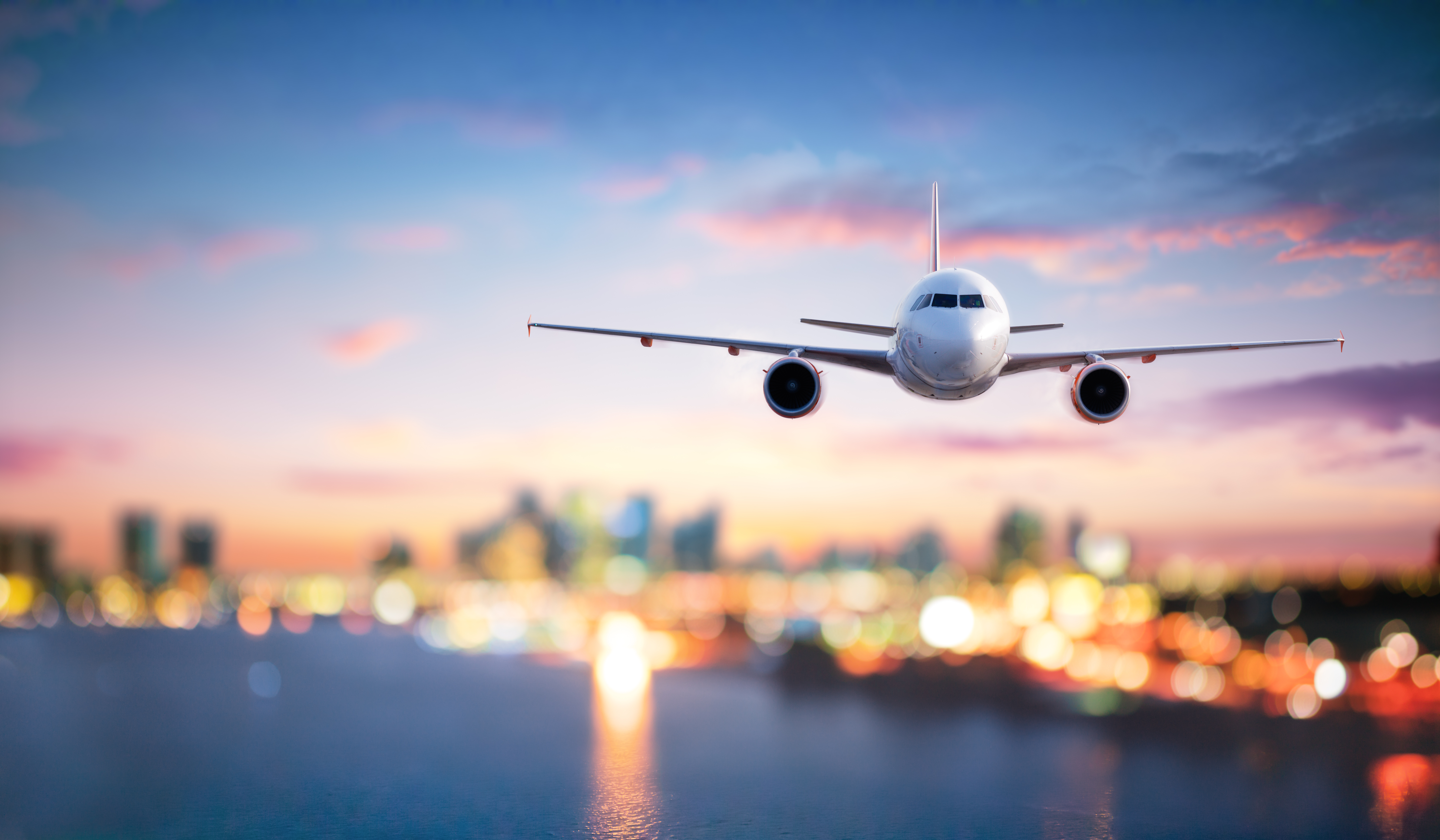
With the increasing demand for air travel in the region, the development of airport infrastructure has become a pressing issue in most countries of ASEAN. According to the International Air Transport Association (IATA), the number of passengers traveling in the ASEAN region is expected to reach 869 million by 2037, which represents a significant increase from the 674 million passengers recorded in 2017. This has led to the need for modernizing and expanding existing airports, as well as building new ones. Moreover, ASEAN as the biggest regional economy in Asia, has the potential to become a major aviation hub in Asia, given its large and rapidly growing middle-class population along with its increasing demand for air travel.
Given that Thailand is one of the world's most popular travel destinations, in recent years airports in Thailand have undergone significant upgrades and expansions to keep pace with the growing demand for air travel. At least four of its international airports are expanding their infrastructures to accommodate the return of international tourists after the Covid-19 pandemic. The four major airport expansion projects include: Suvarnabhumi International Airport Phase 2, the Don Mueang International Airport Phase 3, the expansion of U-Tapao International Airport in Rayong, and Phuket International Airport Phase 2.
The planned construction of the Eastern Aviation City, an ambitious project with an estimated cost of THB 290bn ($8.8bn) will convert the U-Tapao Airport, a Vietnam-war era facility, into a modern international airport. The project will be spread over 1,040 hectares and will feature a new airport terminal, as well as other infrastructure to support the aviation industry, such as a free trade zone for cargo, aviation training center, and aircraft maintenance, repair, and overhaul (MRO) facilities. That project is expected to bring more tourists to the region, with the capacity to handle 60 to 75 million passengers annually.
The Indonesian aviation sector is the largest in Southeast Asia. In terms of the number of travelers, Indonesia has the 7th fastest growing aviation industry globally, but it ranks 2nd in terms of aircraft orders and business value, behind only China. Currently, there are 683 airports in Indonesia, with 34 of them being commercial airports managed by State-Owned Enterprise PT, Angkasa Pura I and Angkasa Pura II. The National Mid-Term Development Plan has set a goal to build ten new airports through collaboration between the public and private sectors.
In summary, airport infrastructure sector in ASEAN presents significant growth opportunities but also faces several challenges. To fully capitalize on these opportunities, the region will need to address the challenges of capacity constraints and the integration of new technologies. The continued development of a comprehensive approach to airport infrastructure will be crucial for the growth and development of the aviation sector in ASEAN.


